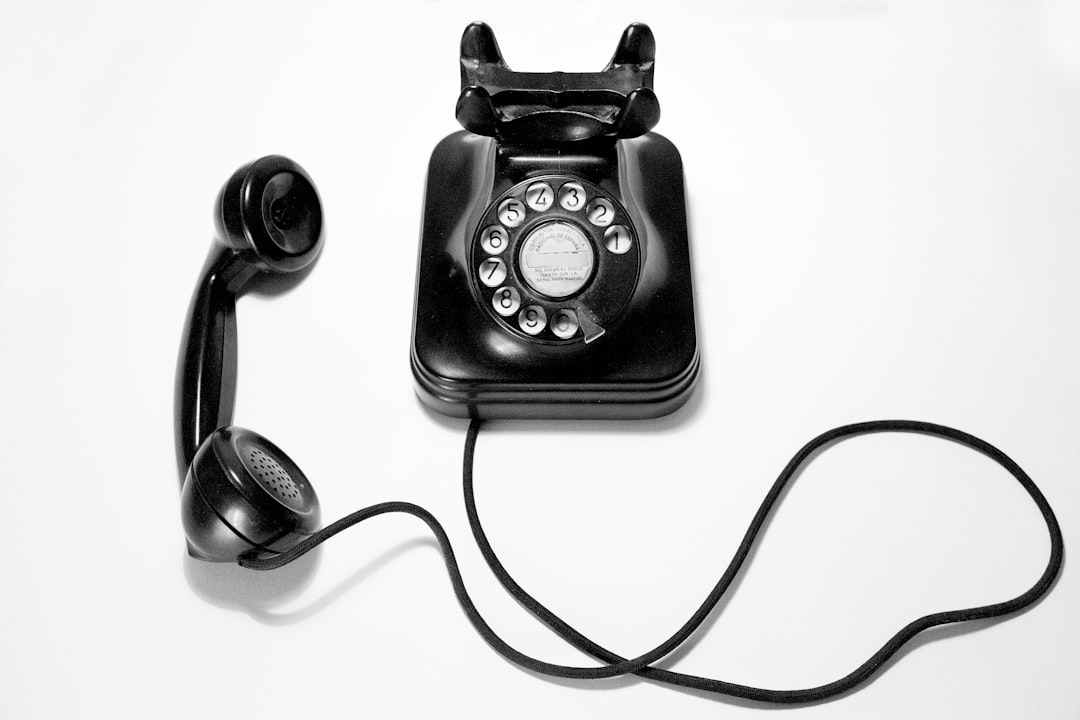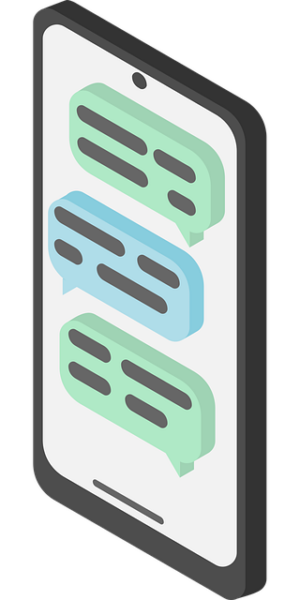West Virginia residents are protected from unwanted automated calls by the West Virginia Telemarketing Act and federal laws like the Telephone Consumer Protection Act (TCPA). Consumers can register on the National Do Not Call Registry, consult an autodialer law firm in West Virginia, or file complaints with the Attorney General's Office to stop nuisance calls and enforce their rights.
In West Virginia, consumers face a growing tide of unwanted automated telephone calls from autodialers. This article delves into the legal protections available to residents against these intrusive practices. We explore state regulations governing autodialers, consumer rights, methods to identify and block such calls, legal actions against violators, and the crucial role of consumer protection agencies. Understanding these aspects is key for any West Virginia resident seeking to shield their privacy from aggressive telemarketing tactics. Engage with this guide to empower yourself through knowledge and connect with an autodialer law firm in West Virginia if necessary.
Understanding Autodialer Regulations in West Virginia

In West Virginia, the regulations surrounding autodialers, also known as automatic telephone dialing systems (ATDS), are governed by the state’s consumer protection laws. The primary legislation to understand is the West Virginia Telemarketing Act, which includes provisions specifically targeting unwanted automated calls. This law restricts the use of ATDS for telemarketing purposes without prior express consent from the recipient.
Consumers in West Virginia have legal recourse against autodialers through various remedies offered by state and federal laws. An experienced autodialer law firm in West Virginia can guide individuals on how to file a complaint if they’ve received nuisance calls, ensuring their rights are protected under the relevant autodialer laws. These regulations not only restrict excessive automated calling but also provide guidelines for obtaining consumer consent, thereby fostering a more balanced and transparent communication environment.
Consumer Rights Against Unwanted Calls

In West Virginia, consumers have legal rights against unwanted calls from autodialers or automated phone systems. According to state laws, businesses and telemarketers must obtain prior consent before placing automated calls to individuals for marketing purposes. This means that if you haven’t given explicit permission for a company to contact you using an autodialer, you have the right to stop these calls.
Consumers can take several steps to protect themselves from unwanted autodialed calls. One option is to register on the National Do Not Call Registry. Additionally, many autodialer law firms in West Virginia offer services to help individuals block and manage such calls. It’s essential for consumers to familiarize themselves with their rights and explore legal options if they feel their privacy has been violated by persistent or unauthorized autodialed marketing calls.
How to Identify and Stop Autodialers

In West Virginia, identifying and stopping autodialers involves recognizing certain patterns and taking proactive measures. One of the primary ways to detect an autodialer is by looking for unsolicited phone calls from unknown numbers, often with pre-recorded messages or automated voice prompts. If you frequently receive such calls, especially during odd hours, it could indicate a violation of the state’s autodialer law firm regulations.
To stop autodialers, consumers have several options. First, register your number on the National Do Not Call Registry. This federal list prohibits telemarketers from calling registered numbers without prior consent. Additionally, many autodialer law firms in West Virginia offer services to block and trace such calls. Utilizing call-blocking apps or software can also help mitigate unwanted autodialer activity, ensuring a smoother, less intrusive phone experience.
Legal Actions Against Violating Telemarketers

In West Virginia, consumers have legal protections against aggressive telemarketing practices, especially those employing autodialers. If a consumer feels their privacy has been invaded or they’ve received unwanted calls from an autodialer law firm, they have options for recourse. Legal actions can be taken against violating telemarketers, including seeking damages and injunctive relief through the West Virginia Attorney General’s Office.
Consumers may file complaints with the Attorney General’s Consumer Protection Division, which investigates allegations of unfair or deceptive practices. If the investigation finds a violation, the attorney general’s office can take legal action on behalf of affected consumers, potentially securing financial compensation and halting further harassment from autodialer law firms.
The Role of Consumer Protection Agencies

In West Virginia, consumer protection agencies play a pivotal role in safeguarding residents from unethical business practices, including those employed by autodialers. These agencies are tasked with enforcing state and federal laws designed to protect consumers from unsolicited phone calls, often made through automated dialing systems. They work diligently to ensure that businesses adhere to regulations set forth under the Telephone Consumer Protection Act (TCPA) and similar state-level autodialer laws in West Virginia.
When consumers face issues related to excessive or unwanted telemarketing calls, these agencies offer a recourse. A consumer protection agency can investigate complaints, mediate disputes between consumers and businesses, and even take legal action against autodialer law firms found to be violating the rights of West Virginia residents. Their efforts help maintain a fair and transparent business environment, ensuring that consumers’ privacy is respected and their consent is obtained before receiving automated calls.






